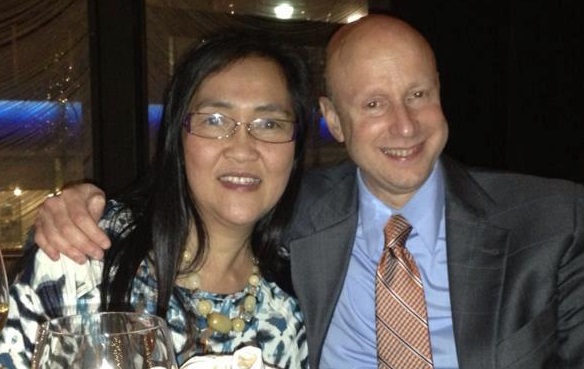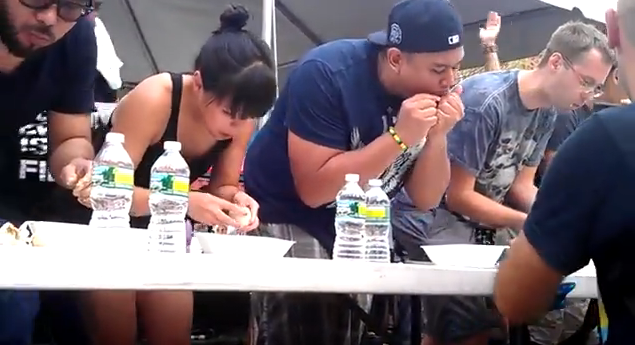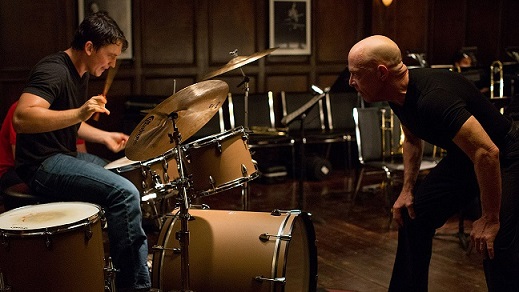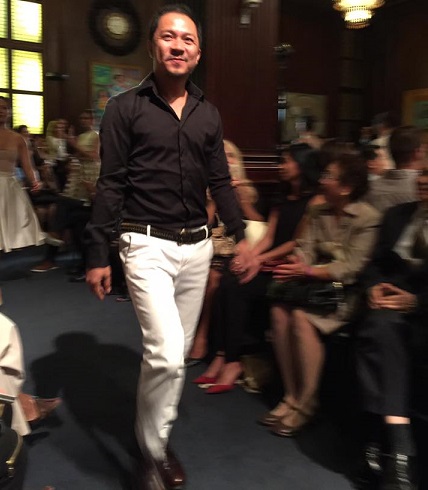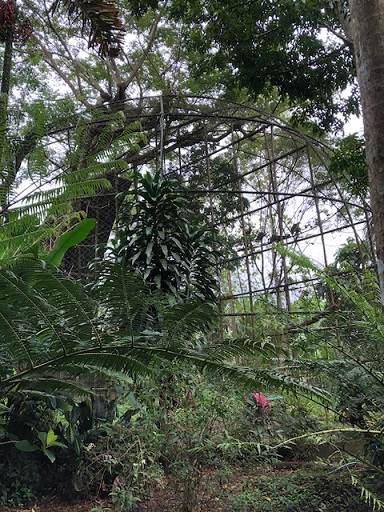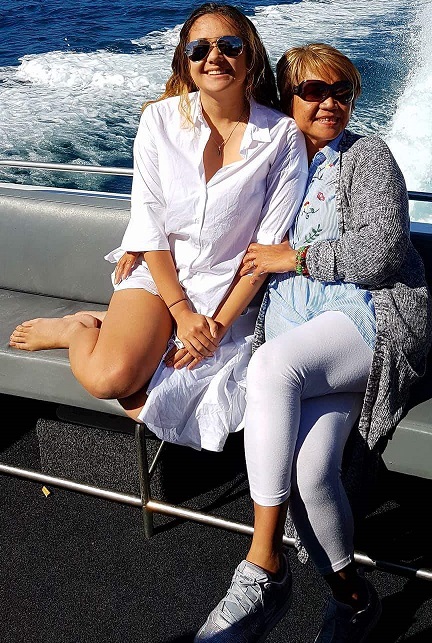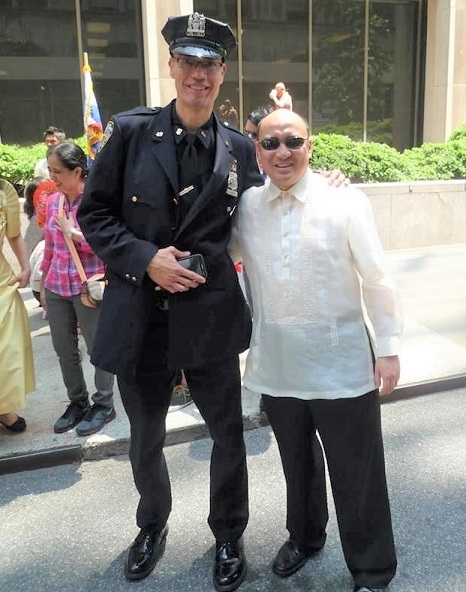Welcome to L.A.
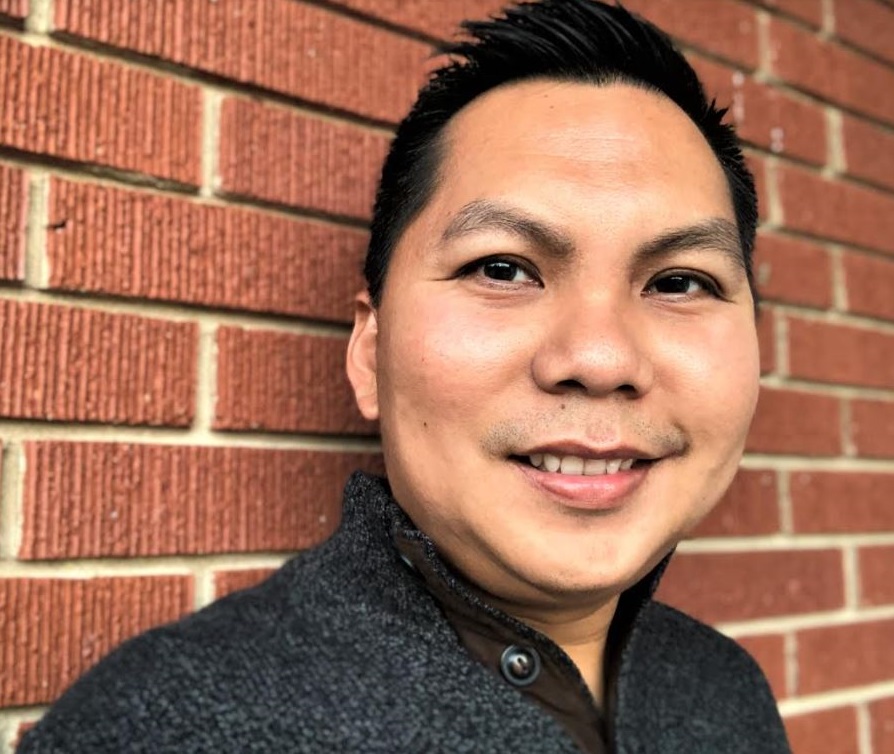
By Mike Talplacido
It was late afternoon when my plane landed at the LAX airport. When the flight attendant announced our arrival, I grabbed my hand-carry item from the compartment box and patiently queued up along with my fellow passengers in preparation for deplaning. I learned how to follow protocols when it comes to airplane etiquette, especially now that I would be among the many souls fortunate enough to start a new life in the land of milk and honey. After my last trip to Chicago, I became aware of some negative behaviors exhibited by my fellow Filipinos, especially regarding travel etiquette or their lack thereof.
I came up with many other observations too, comparing Filipinos in the Philippines and Filipinos in America. Some of my discoveries were things I noticed just during the past twelve-or-thirteen-hour flight alone, while my other findings occurred to me much later in my life, as I continued to live in the US.
Exhibit A, the Filipina lady whom I sat next to on my flight talked for hours about how much she enjoyed her “vacation” in the Philippines. She was an older-looking woman, her age probably sixty or older and she had been living in the United States for more than thirty years although her accent, intonation, and even mannerisms, were still very much Filipino.
“How long are you staying in the US?” she asked me. Her pronunciation of the word “are” had more emphasis on the “R” sound with the tongue rolled strongly and the word “you” sounded like an abrupt “yu” or “yoo.”
“I’m moving here for good,” I responded.
Within seconds of my response, her next question was, “Do you have papers?”
I chuckled a bit after hearing her inquisition. I was surprised by her directness, and frankly, her nosiness, too.
Before I was even able to respond, she proceeded with her story that she had been an American citizen for over twenty years and that her husband served in the US navy back in the 1970s.
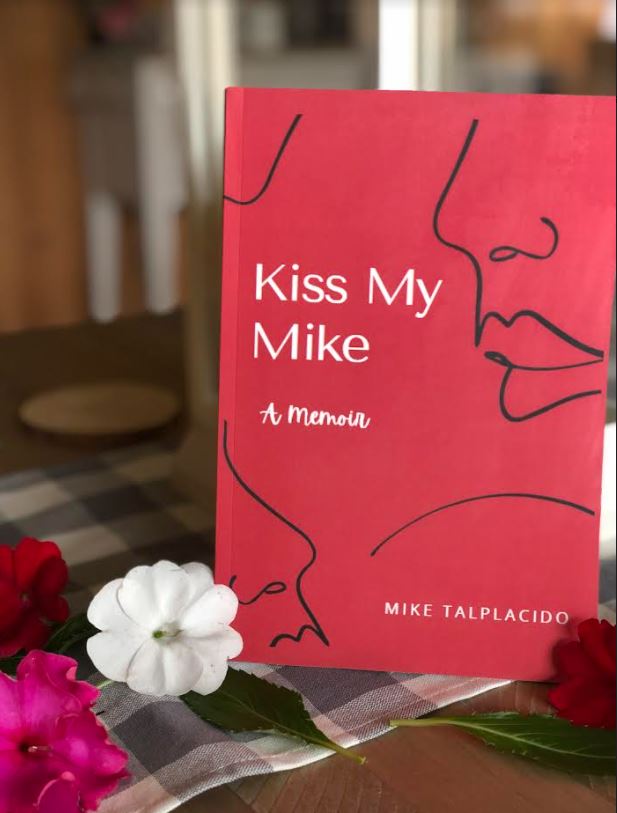
“That’s great!” I responded. After a bit more chitchat, we both decided to take a rest.
However, sometime during the flight, she tapped my shoulder with her right index finger, a gesture known to Filipinos as kalabit, used when somebody was trying to get another person’s attention without the use of words. She pointed her lips upward, almost like a kissing gesture, asking me if I could grab her hand-carry from the compartment box. I stood up from my chair, opened the compartment door, and grabbed a tote that was resting next to my bag. I asked her if that was her item. She nodded and then extended her arm to get the hand-carry item from me.
“I have to get my pen,” she said, while scouring the insides of her bag. When she found a pen that had the logo of the Holiday Inn Express hotel, she pulled the adjustable tray table down in front of her and started writing something on a small piece of paper which she’d also picked-up from inside her tote.
“You have to write our flight number here,” she advised me, while pointing her finger to somewhere on that piece of paper, next to a line that had the words “Airline and Flight Number.”
“Thank you,” I said and then placed an earplug in my ears, turning my attention to the TV screen in front of me. Seemingly unaware of the earpiece that I had, the lady next to me proceeded to tell me all the other details about her life, including her recently completed “vacation” in the Philippines.
“I stayed there for three months,” she said, providing more details of her recent trip.
It was interesting to know that Filipinos who now lived in the US no longer think of the Philippines as their home. That it was merely a “vacation” destination for them.
As for me, I still think of the Philippines as my home. From the moment since I’d first arrived in LA during the spring of 2003 and up to the present time, I still feel connected to the Philippines mostly because some of my family members are still living there. However, the US is my home, too. I have people here whom I now consider part of my family, and this presents a slightly confusing dilemma. Am I a Filipino or am I an American? I imagine there are others like me, other Filipinos or even immigrants from other countries, who might have gone through or are going through the same dilemma of figuring out their identities. Are they Filipinos? Are they Americans? And, where do they consider home? When people ask me, “Where are you from?” sometimes, I do not know whether they are asking where I am from originally or where I am living currently. Sometimes, I get confused and wonder if they are asking about my ethnicity, especially as a brown-skinned, Asian-looking guy living in the United States. So, I often respond with, “What do you mean? My ethnicity or where I am living now?” People often find topics about race or ethnicity a bit touchy, so usually they will try to change the subject.
There isn’t a right or wrong answer though. My upbringing in the Philippines is an essential part of my background, so it will always be part of who I am. In the end, it is the collection of my experiences, both in the Philippines and the United States, which makes me who I am—a unique individual with a unique set of experiences. The important thing is to remember who you are, where you came from, and where you have been so far in your life. That is far more important than figuring out the answer to a “Where are you from?” type of question.
Mike Talplacido’s book “Kiss my Mike” tells the story of how a young boy from the Philippines went through a journey of navigating sexuality and finding one’s identity while in pursuit of the American Dream and the ultimate quest for a long-lasting relationship. This piece is an excerpt from his book. Visit his website at kissmymike.com.


